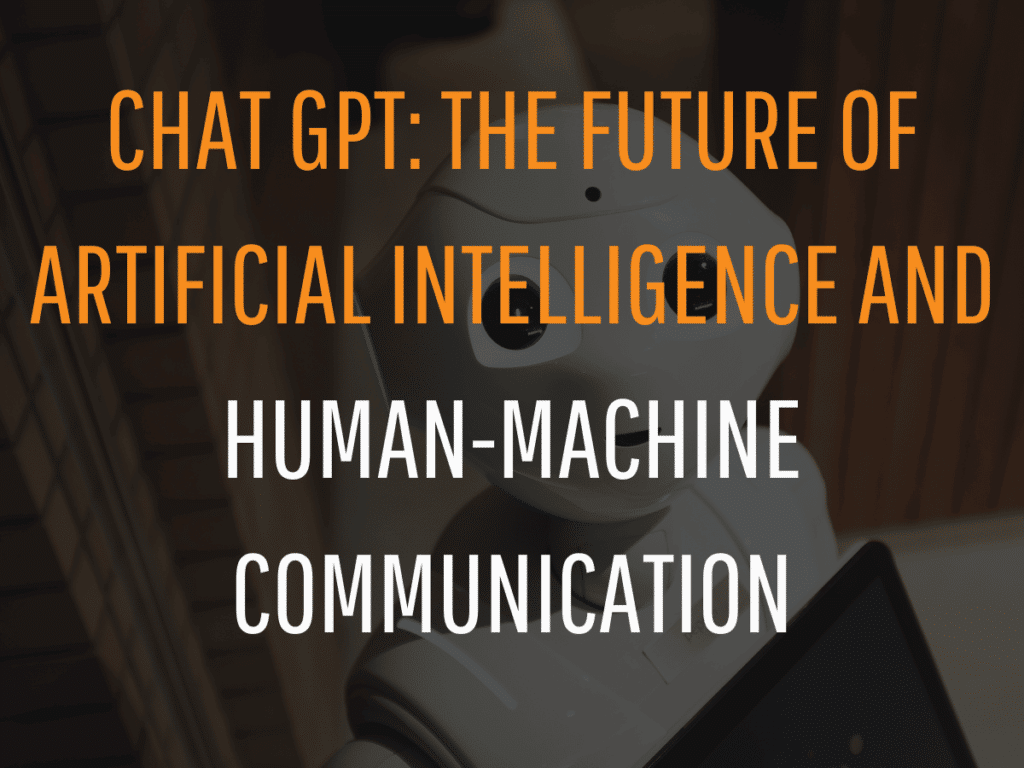On November 30, Sam Altman, CEO of OpenAI, shared this tweet with the world:

And by December 5, more than 1 million users tested the dialogue-based AI chatbot. As OpenAI describes ChatGPT: “The dialogue format makes it possible for ChatGPT to answer follow-up questions, admit its mistakes, challenge incorrect premises, and reject inappropriate requests.”
And, within days, the punditry had to declare Google dead while others sounded the death knell for content marketing. Before we mourn too early, let’s look at some of the realities of ChatGPT:
It certainly is the most impressive chatbot I ever encountered. It’s a significant advance in public, conversational AI, opening the door for a new wave of chatbot innovation.
But, can ChtGPT be more than that? While definitely not a Google Search killer, it’s a helpful addition to any search user. ChatGPT has limited its knowledge base to any information before 2022, making it completely useless for any current-day queries. But it can deliver good tutorials, travel tips, and provide more immediate information than any Google search.

While you get quick answers that look impressive, the quality of responses is more in line with the writing and analytical skills of a young teenager. Sure, this is early days but at this point nobody would replace many Google searches with the bot. However, I don’t think I will ever look for a recipe on Google, where I have to wade through numerous publications, ads, and other distractions while ChatGPT delivers a straightforward result:

What does ChatGPT mean for companies and marketers? At this moment, not much. When I asked the bot to create a marketing strategy, this is the result:

A junior in a marketing school would not pass an exam with this answer. It comes across like an answer from a politician: sounds smart but there’s no real substance here. Or one could express it this way:

In summary, there’s no need to work on your ChatGPT strategy, catastrophizing this innovative step, or proclaiming the world changed on November 30. But it’s certainly feasible that search engines as we know them will be gradually replaced by conversational bots. And customer service might see major improvements with conversational bots, answering customer queries with natural language. Last but not least, many teachers will not be pleased with this new tool. If I was 16 again, I would certainly use ChatGPT for my homework. Wouldn’t you?
P.S.: The headline was written by ChatGPT





